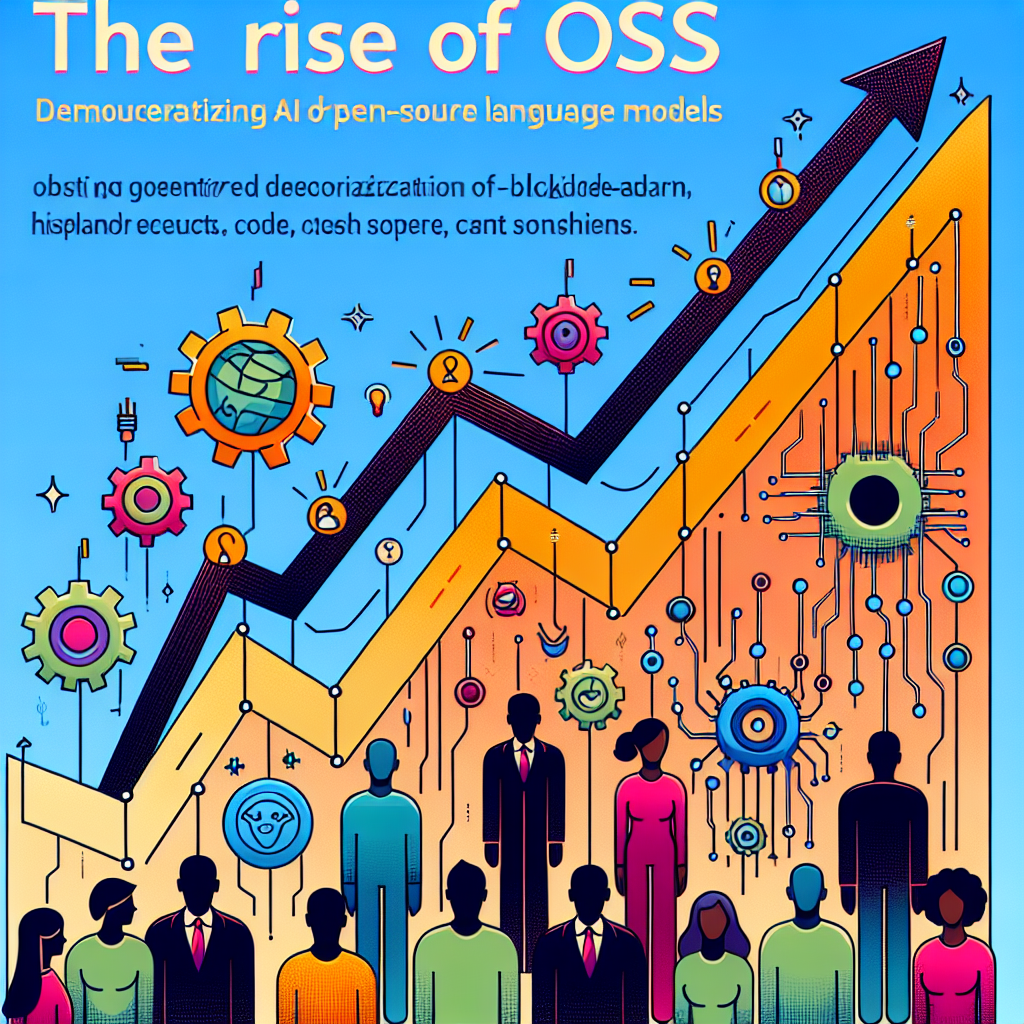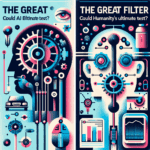The world of Artificial Intelligence is experiencing a profound shift. For a long time, the most powerful AI models, particularly large language models (LLMs), resided behind closed doors. They were developed and owned by a few tech giants. However, a revolutionary movement is gaining momentum. It promises to democratize access to cutting-edge AI. This movement is powered by GPT-OSS, or Open-Source Generative Pre-trained Transformers.
GPT-OSS represents a pivotal moment. It is changing how we interact with and develop artificial intelligence. This shift moves from proprietary control to collaborative innovation. It opens up possibilities for everyone.
What Exactly is GPT-OSS?
To understand GPT-OSS, let’s break it down. GPT stands for Generative Pre-trained Transformer. These are advanced neural network architectures. They are designed to understand and generate human-like text. They learn patterns and relationships from vast amounts of data. This allows them to perform tasks like writing articles, answering questions, and even generating code.
OSS stands for Open Source Software. This means the software’s source code is publicly available. Anyone can inspect it, modify it, and distribute it. When combined, GPT-OSS refers to powerful language models whose underlying code and sometimes even their trained weights are accessible to the public.
This open approach contrasts sharply with closed-source models. With closed models, users only interact with an API. They cannot see or modify the internal workings. GPT-OSS changes this dynamic entirely. It invites a broader community into the development process.
The Unrivaled Advantages of Openness
The move towards open-source LLMs offers a multitude of benefits. These advantages extend beyond mere access. They foster genuine innovation and collaboration.
Democratizing AI Access
Perhaps the most significant benefit is democratizing AI. Small startups, independent researchers, and individual developers can now experiment. They can build applications using sophisticated language models. This was once a privilege of well-funded corporations. GPT-OSS levels the playing field. It ensures that innovation isn’t limited by resources.
Accelerating Innovation and Collaboration
Open source thrives on collaboration. When code is public, developers worldwide can contribute. They can identify bugs, suggest improvements, and build new features. This collective intelligence accelerates the pace of innovation dramatically. Diverse perspectives lead to more robust and versatile models.
Enhancing Transparency and Trust
Proprietary AI models often operate as “black boxes.” Their decision-making processes are opaque. GPT-OSS, however, offers transparency. Researchers can examine the code. They can understand how models work. This allows for auditing biases and improving fairness. Building trust in AI is crucial, and openness is a key ingredient.
Customization and Flexibility
With open-source models, you have the flexibility to customize. Businesses can fine-tune a model for their specific industry. Researchers can adapt it for niche academic studies. This level of control allows for highly tailored and efficient AI applications. It caters to unique requirements.
Navigating the Challenges
While promising, GPT-OSS is not without its hurdles. These challenges require careful consideration and community effort.
Resource Demands
Training and running large language models demand significant computational resources. Even with open-source models, accessing or utilizing them effectively can be costly. This can be a barrier for individuals or smaller entities.
Quality, Safety, and Ethical Use
The open nature means a wider range of models with varying quality exists. Ensuring the ethical use of these powerful tools is also paramount. There’s a need for robust guidelines and responsible development practices. This helps mitigate potential misuse or the spread of misinformation.
Support and Maintenance
Unlike commercial software, support for open-source projects is typically community-driven. While often strong, it can be less formal than dedicated customer service. Users might rely on forums and shared knowledge to resolve issues.
GPT-OSS in Action: A Glimpse into the Future
GPT-OSS is already impacting various domains. Developers are building intelligent chatbots for customer service. Researchers are creating tools for scientific discovery. Content creators are leveraging these models for generating drafts. The applications are continually expanding.
The future of AI looks increasingly open. GPT-OSS fosters an ecosystem where ideas can flourish freely. It promotes shared progress over competitive secrecy. This shift is vital for developing AI that benefits all of humanity.
Conclusion
GPT-OSS represents more than just a technological advancement. It embodies a philosophical shift in the AI landscape. It emphasizes accessibility, collaboration, and transparency. While challenges remain, the benefits of democratizing AI are undeniable. Open-source language models are empowering a new generation of innovators.
They are driving us towards a future where powerful AI tools are within everyone’s reach. They are shaping an equitable and innovative digital world.
Ready to explore the power of open-source AI? Dive into the world of GPT-OSS and see how you can contribute or leverage these incredible tools for your next project!



